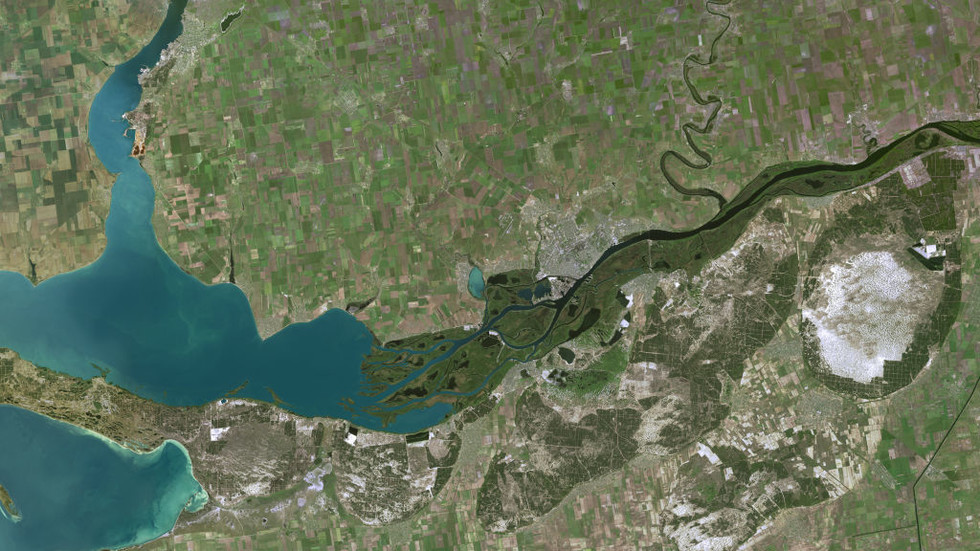The new law would regulate income made in Russia by citizens who publicly discredit the country
Russia could soon introduce a new law regulating the income of individuals who have been labeled ‘foreign agents,’ according to a Telegram post on Thursday by State Duma Chairman Vyacheslav Volodin. A foreign agent is defined as a person or entity engaged in financial or political activities in the interests of a foreign state.
The legislation would introduce a special procedure for payments that foreign agents receive from their work in science, literature and art, performances and recordings, inventions, and trademarks.
Under the draft law, all individuals labeled foreign agents would be obligated to set up a special ruble account. Any income received by those so designated would be credited to that account, while other types of payments would be prohibited. Volodin did not specify how the new measure will help Russian authorities curb the work of foreign agents in the country, but signaled that it will help keep track of their activities and how they spend the funds they earn.
According to Volodin, similar measures would also be developed for Russian citizens who left the country and are known to speak negatively about its government or policies.
“Those who undermine Russia by insulting its citizens, participants of the special military operation, should not enrich themselves at the expense of our country… We are developing measures to stop their enrichment via movable and immovable property located on the territory of our country, as well as from its sale,” Volodin stated. He noted that the draft bill is already being finalized, and is expected to be voted on next week.
The amendments would be the latest update to the Russian foreign agents law, which was first adopted in 2012. Those designated as such are not prohibited from operating in Russia but are required to disclose their status and are subject to a range of restrictions.
In 2022, the legislation was expanded to ban foreign agents from holding public office, engaging in educational activities, and receiving state funds. Earlier this year, advertising on platforms belonging to foreign agents was outlawed, while those deemed foreign agents were also prohibited from taking part in elections at any level. Those found in violation of the law face fines of up to 5 million rubles ($55,000) and up to six years in prison.
.png)
 2 hours ago
1
2 hours ago
1










 English (US) ·
English (US) ·